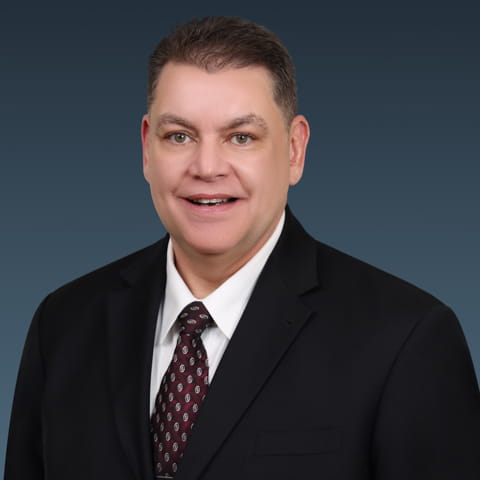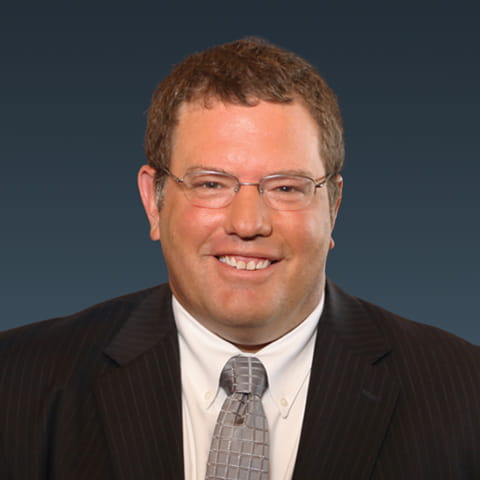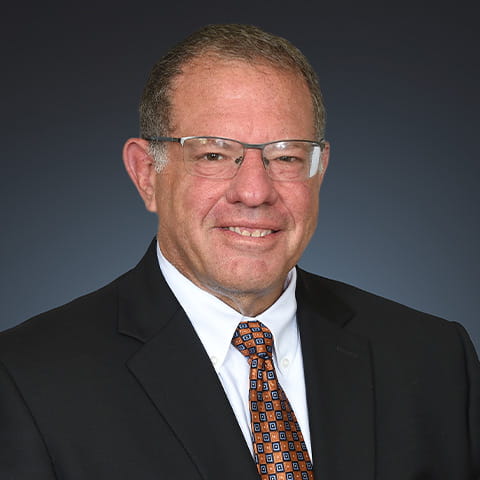Tax Court rules on self-employment tax exemption for limited partners
On Nov. 28, the U.S. Tax Court issued an opinion on summary judgment in the Soroban Capital Partners LP (Soroban) self-employment (SE) tax case. The opinion is the latest development – and a significant win for the IRS – in the IRS’ efforts to limit the scope of Code Section 1402(a)(13)’s limited partner exception and subject “active” limited partners to SE tax.
Under Section 1402(a)(13) partnership allocations (other than compensatory guaranteed payments) to “limited partners, as such” are excluded from SE income. “Limited partner” is not defined, however, and many limited partners, particularly in hedge funds and private equity, take the position that as limited partners under state law, Section 1402(a)(13) per se exempts their allocations from SE tax regardless of any active role they may have in the partnership’s business. The IRS argues that the Section 1402(a)(13) exception should not apply to “active” limited partners, thus requiring a fact-based functional analysis of the partner’s activities to determine eligibility for the exception. The IRS has had prior judicial success on this issue, but the Nov. 28 opinion is the first judicial response specifically addressing the exception to a state law limited partner.
The Soroban case
Soroban is a hedge fund with several limited partners, including Eric Mandelblatt, also the partnership’s managing partner and Chief Investment Officer. On its 2016 and 2017 tax returns, Soroban excluded the ordinary business allocations to Mandelblatt and the other limited partners from SE income. The IRS issued a final adjustment increasing the amount of SE income, which Soroban challenged and appealed to the Tax Court.
Soroban moved for summary judgment, arguing that its limited partners, as such, under state law, were per se exempt. In rejecting the motion, the Tax Court considered the exception’s statutory language and intended scope, concluding the “limited partner exception does not apply to a partner who is limited in name only.” Instead, the Court adopted a functional analysis, holding that it must examine a partner’s functions and roles in determining if the exception applies.
The Tax Court issued the opinion in response to a summary judgment motion and did not conclude that Mandelblatt or Soroban’s other limited partners were subject to SE tax. That determination will likely be made as the case proceeds. The opinion is nonetheless significant in its adoption of the fact-based functional analysis and rejection of any per se eligibility for a Section 1402(a)(13) exception. The functional analysis significantly limits the scope of the exception for limited partners playing an active role in the partnership’s activities.
Questions remain on applying functional analysis
The opinion does not, however, give insight into how the Court will apply a functional analysis, or what factors or partner rights or activities it may consider significant when applying it. In proposed regulations issued in 1997, the IRS provided three factors, concluding a partner would not be a limited partner under Section 1402(a)(13) if that partner:
- Was personally liable for partnership debts because of its partner status,
- Could contract on behalf of the partnership, or
- Participated in the partnership’s activities for more than 500 hours in a taxable year.
These regulations were heavily criticized, including by Congress, and never finalized. The Treasury Department has prioritized the issuance of new Section 1402(a)(13) regulations, but none have been issued.
These and other questions, such as how a court may determine whether a limited partner that actively participates but that also contributed significant capital to the partnership is receiving allocations as compensation or a return on capital, will need to be fleshed out as the law develops.
What does CohnReznick think?
Soroban is one of three cases currently on appeal to the Tax Court on this issue. The other two include a hedge fund (Point72 Asset Management, L.P. v. Commissioner) and a private equity fund (Denham Capital Management L.P. v. Commissioner). The IRS had stopped pursuing this issue on audits pending the results in the Tax Court, but the Soroban opinion is a significant victory for the IRS on this issue and may lead the IRS to restart those efforts.
Businesses with questions regarding the SE limited partner exception issue or the Soroban summary judgment opinion should consult their tax advisor.

Michael Eagan
Contact
Let’s start a conversation about your company’s strategic goals and vision for the future.
Please fill all required fields*
Please verify your information and check to see if all require fields have been filled in.
Related services
Our solutions are tailored to each client’s strategic business drivers, technologies, corporate structure, and culture.
Any advice contained in this communication, including attachments and enclosures, is not intended as a thorough, in-depth analysis of specific issues. Nor is it sufficient to avoid tax-related penalties. This has been prepared for information purposes and general guidance only and does not constitute legal or professional advice. You should not act upon the information contained in this publication without obtaining specific professional advice specific to, among other things, your individual facts, circumstances and jurisdiction. No representation or warranty (express or implied) is made as to the accuracy or completeness of the information contained in this publication, and CohnReznick, its partners, employees and agents accept no liability, and disclaim all responsibility, for the consequences of you or anyone else acting, or refraining to act, in reliance on the information contained in this publication or for any decision based on it.















